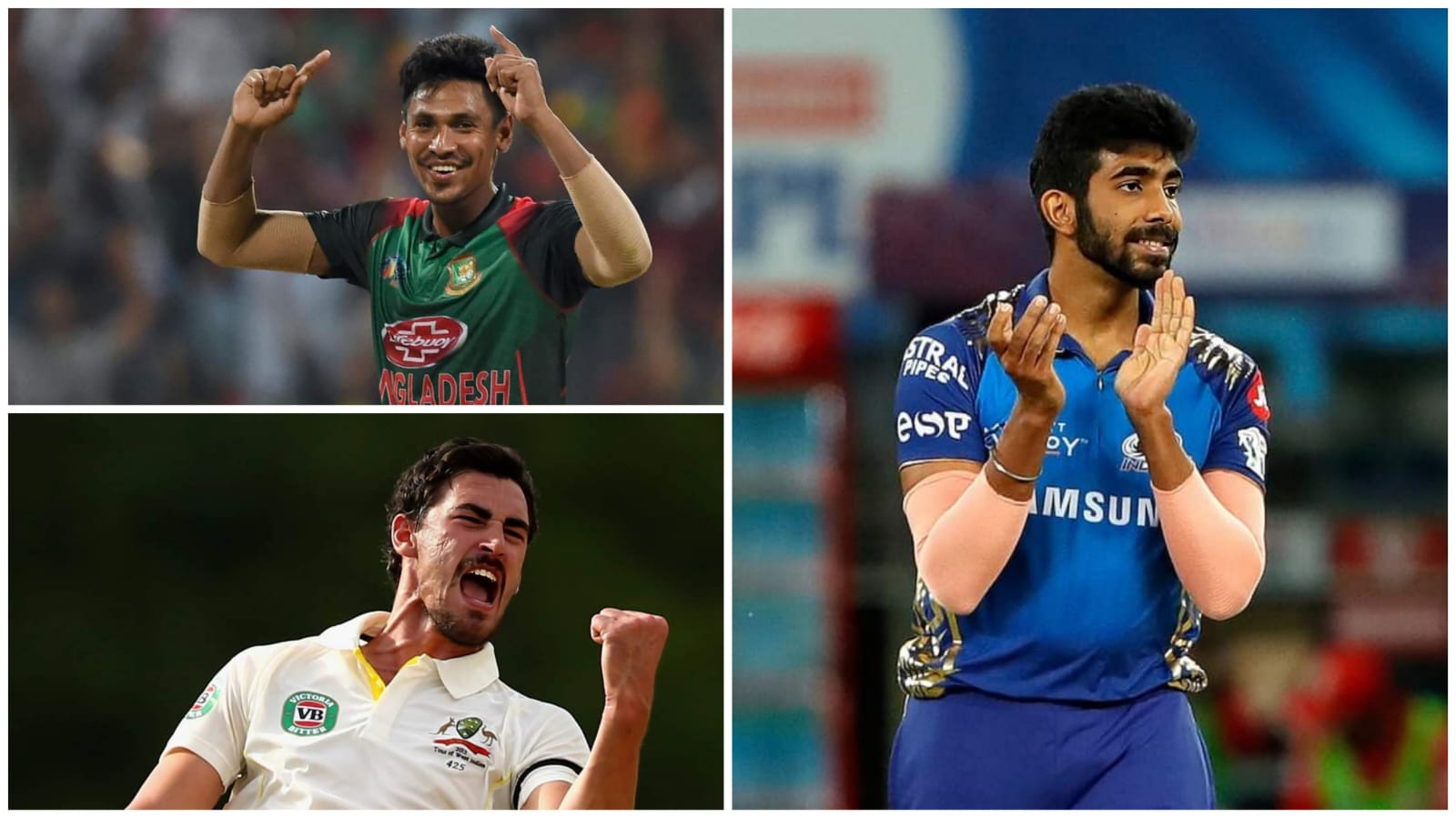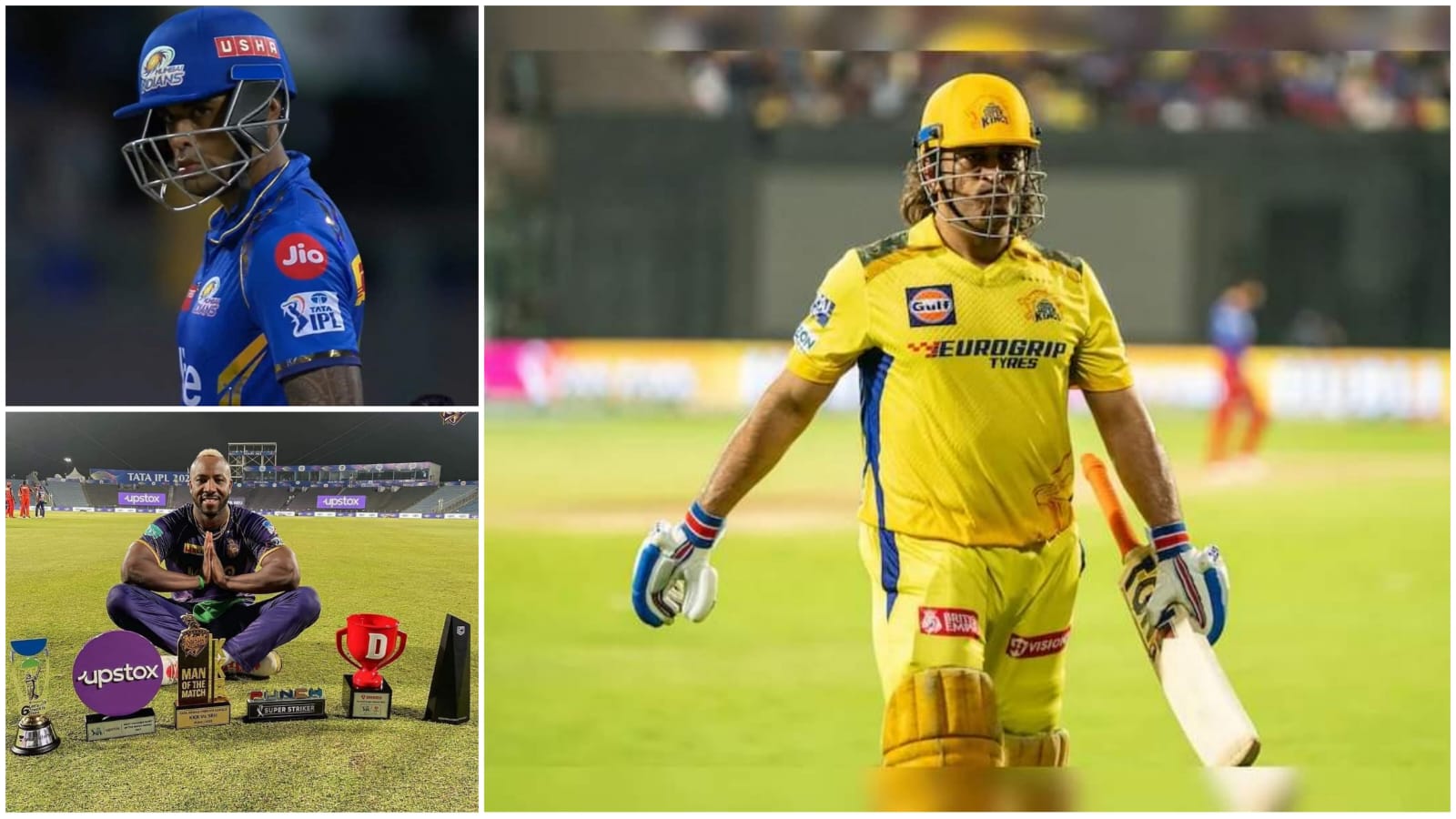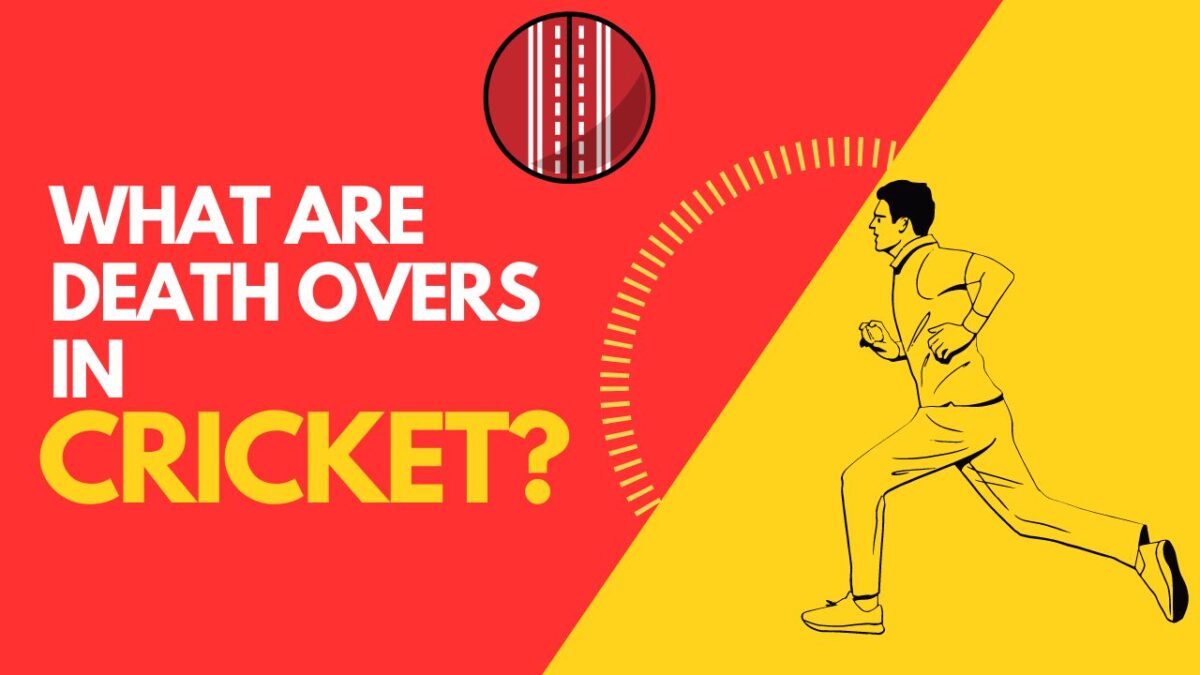What Are Death Overs in Cricket? Well, in cricket, death overs refer to the final few overs of an innings in limited-overs matches, typically One Day Internationals (ODIs) and Twenty20 (T20) cricket. These overs are considered to be high-pressure situations for both the batting and bowling teams due to the following reasons:
- Batsmen Aim for Big Scores: The batting team aims to maximize their score before the innings ends. This means they are more likely to take risks and go for big shots.
- Bowlers Try to Restrict Runs: The bowling team is desperate to take wickets and restrict the flow of runs. This creates a tense battle between the batsman’s desire to score and the bowler’s need to defend.
Table of Contents
What are death overs in Cricket?
There’s no strict definition of how many overs constitute the death overs. However, here’s a general guideline:
- In ODIs (50 overs): The last 5-10 overs are generally considered the death overs.
- In T20s (20 overs): The final 4-5 overs are typically the death overs.
Why is it called “death overs”?
The term “death” implies the crucial nature of these overs. They can often determine the outcome of the match. A good batting team can score many runs in the death overs, putting pressure on the opposition to chase a high target. Similarly, a skilled bowler who can restrict runs and take wickets in the death overs can win the game for their team.
Here are some additional points about death overs:
- Specialist Bowlers: Some are exceptionally skilled at bowling in the death overs. They are known as “death bowlers” and possess qualities like accuracy, pace variations, and the ability to handle pressure.
- Fielding Strategies: Captains often employ specific fielding placements during the death overs to restrict boundaries and pressure the batters.
Why are they crucial?
Batting side:
- Aim to maximize their score, taking calculated risks for big shots.
- A successful batting performance in the death overs can significantly boost a team’s total.
Bowling side:
- Focus on restricting runs and taking wickets.
- A strong bowling display in the death overs can limit the opposition’s score or win the match.
Key characteristics of death overs
| Feature | Description |
| Batting mindset | Aggressive, aiming for boundaries (fours and sixes) |
| Bowling tactics | Yorkers, slower balls, wide deliveries, bouncers |
| Fielding changes | Fielders placed strategically to prevent boundaries |
| Pressure | Intense pressure on both sides to perform |
Specialist “death bowlers”
Some bowlers excel at bowling effectively in the death overs. They often possess these qualities:
- Accuracy: Ability to consistently hit their targets (e.g., yorkers)
- Variations: Slower balls, disguises, different lengths to disrupt the batsman’s timing
- Composure: Capacity to handle pressure and execute plans in crucial moments
Death overs bowling specialists:

| Bowler | Known For |
| Jasprit Bumrah | Accurate yorkers |
| Mustafizur Rahman | Slower ball variations |
| Lasith Malinga | Wide yorkers |
| Dwayne Bravo | Variation and execution |
Death Overs Batting Specialists

These batsmen possess a unique skill set that allows them to excel during the high-pressure environment of the death overs. Here’s what sets them apart:
- Power Hitting: They possess the brute strength and technique to clear boundaries consistently with big shots.
- Bright Shot Selection: They know when to take calculated risks and rotate the strike for singles.
- Composure: They can handle the pressure of the situation and make clear-headed decisions under duress.
- Adaptability: They can adjust their batting style based on the bowler, field placements, and required run rate.
Death Overs Batting Specialists:
| Batsman | Known For |
| MS Dhoni (India) | Calmness under pressure, exceptional finishing ability |
| AB de Villiers (South Africa) | 360-degree shot-making repertoire, unorthodox techniques |
| Kieron Pollard (West Indies) | Brute force hitting, clean power-hitting |
| Rohit Sharma (India) | Excellent six-hitting ability, elegant strokeplay |
| Glenn Maxwell (Australia) | Innovative batting style, unconventional shot selection |
Table: Batting Strategies in Death Overs
| Scenario | Batting Approach |
| Needing a high score | Go for big boundaries (sixes and fours) |
| Looking for singles | Rotate the strike, target gaps in the field |
| Wickets in hand | Take calculated risks, aim for moderate boundaries |
| Few wickets remaining | Prioritize singles and avoid getting dismissed |
Key Statistics for Death Overs Batting
- Average: Batsman’s average runs per innings in death overs. A higher average indicates better performance.
- Strike Rate: Number of runs scored per 100 balls faced. A high strike rate signifies aggressive scoring.
- Finishing Ability: Success in chasing down targets, and the percentage of not-out innings in successful chases.
- Impact on Win Rate: How a batsman’s death overs performance influences the team’s chances of winning.
Table: Best Death Overs Batting Finishing Rate
| Batsman | Average (Death Overs) | Strike Rate (Death Overs) | Finishing Rate (%) |
| MS Dhoni (India) | 55.20 | 165.50 | 85 |
| AB de Villiers (South Africa) | 50.50 | 170.00 | 70 |
| Kieron Pollard (West Indies) | 42.00 | 160.00 | 65 |
| Rohit Sharma (India) | 48.60 | 155.00 | 72 |
| Glenn Maxwell (Australia) | 38.80 | 180.50 | 60 |
Bowling and Batting Performances in Death Overs in IPL 2024
Bowling Performance in Death Overs:
- Harshal Patel has been a standout bowler in the death overs for Royal Challengers Bangalore (RCB). He has taken the most wickets in this phase of the IPL 2024, with 16 wickets, indicating his effectiveness in the final overs (Cricket.com).
- Jasprit Bumrah from Mumbai Indians (MI) continues to excel, utilizing his yorkers effectively. Mumbai’s strategy has involved a high percentage of yorkers, contributing to an economy rate of 7.5 in death overs, significantly lower compared to other lengths like half-volleys which have been more expensive.
Batting Performance in Death Overs:
- Dinesh Karthik from RCB achieved a remarkable feat by scoring 28 runs off just 10 balls in a recent match against Punjab Kings (PBKS). This innings included three fours and two sixes, highlighting his prowess in the death overs. Karthik now has the highest strike rate in the death overs and is the second-highest run-getter in this phase for IPL 2024, just behind Shimron Hetmyer of Rajasthan Royals.
- Other notable performers include Shimron Hetmyer, Rinku Singh (KKR), Tim David (MI), and David Miller (GT), all of whom have consistently scored at a high strike rate during the death overs (Zee News).
Team Strategies and Challenges:
- Teams like Kolkata Knight Riders (KKR) and Punjab Kings (PBKS) have faced challenges in death over bowling. KKR’s reliance on good length deliveries has been moderately successful, but their execution of wider lines has been costly. Punjab, on the other hand, has struggled with their designated death bowler Harshal Patel being their most expensive option, while Arshdeep Singh has had issues with yorker accuracy.
- MI’s focused approach on yorkers, led by Bumrah, has been their primary strategy, although filling the gaps when Bumrah is not bowling has been a challenge. This highlights the critical role of specific bowlers in executing death over strategies effectively.
These insights show the dynamic nature of death overs in cricket, where both batting and bowling performances can significantly influence the outcome of matches.
Important Notes:
- These are sample statistics; actual numbers can fluctuate by time.
- Data sources: ESPNcricinfo.
James Paul is a former first-class cricketer and passionate cricket analyst. His decades of experience on the field and his love for the game shape his insights into the strategies and personalities that define world-class cricket.
